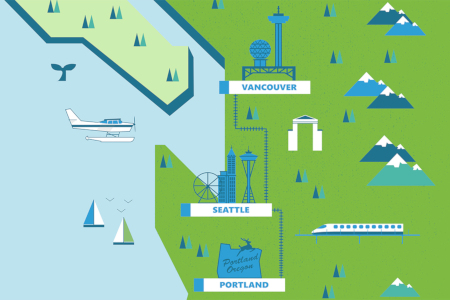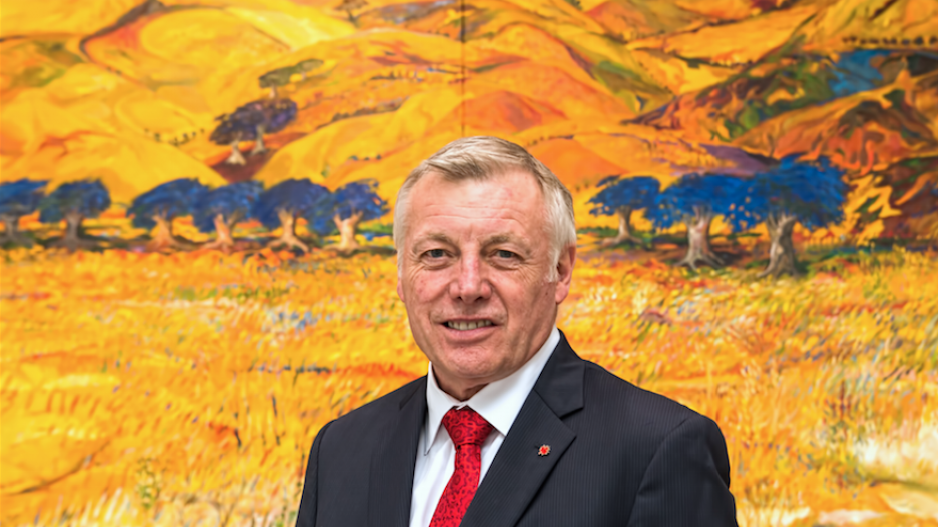-
 INTRODUCING THE CASCADIA GATEWAY CORPORATIONProviding the latest technology and highest density in fiber connections
INTRODUCING THE CASCADIA GATEWAY CORPORATIONProviding the latest technology and highest density in fiber connections
between people, cities and countries. -
 ENABLING EVERDAY LIFEConnecting work, home and recreation
ENABLING EVERDAY LIFEConnecting work, home and recreation
for a better life. -
 A NEW APPROACH TO CONNECTIVITYOur networks involve open architecture to ensure that
A NEW APPROACH TO CONNECTIVITYOur networks involve open architecture to ensure that
everyone can get access to the best services at the right price.













